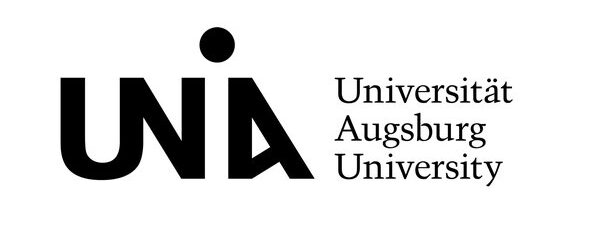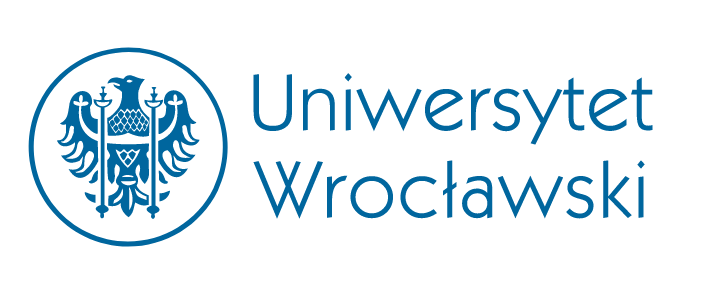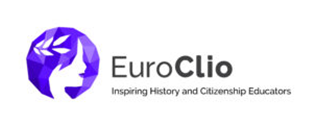About the Project
Recent years have seen profound societal changes across Europe. The rise of the internet has given students and teachers easier access to information, fundamentally altering the way in which we learn about both current and past events. At the same time, disinformation, fake news and conspiracy theories increasingly find their way into classrooms.
The frequent use of history in the public sphere, including in films, games and fiction that youth consume similarly provide educators with both opportunities and challenges. While students may arrive at school with preconceived ideas about history that have little root in research, there are also opportunities to engage them in topics they care about. Teachers must therefore be up to the task of recognising biases and challenging assumptions, all while encouraging their students to critically reflect on what they see, read and hear. Current discussions on heritage, and what we as a society choose to remember, cherish or commemorate, does not only help students learn about the past, it also forces them to think about the present and the kind of society we wish to live in.
European classrooms have over time become increasingly diverse. Still, most curricula remain centred on traditional, nation-centric narratives that are neither equipped for, nor reflective of, this new diversity present across our continent.
The aim of this project is therefore to prepare future history teachers for a critical history education more attuned to the realities of 21st century societies. Through an updated critical history education, pupils across Europe will be provided the critical thinking skills required for active citizenship in democratic and pluralistic societies.
Project Aims & Outcomes
- Field analysis, including a literature review and a collection of practices;
-
A study guide, with learning activities and teaching methods and tools on four topics in English, Estonian, German, Polish and Spanish:
- Heritage in history education (Tallinn University),
- Global dimensions of national history and post-colonial history (Augsburg University),
- Public history and history education (Wroclaw University),
- The role and influence of the internet in history education (Salamanca University);
- Professional development and professional networking of the people who are actively involved in the project;
- Closer working relations between various professional organisations in the field of history education, such as the International Society for History Didactics (ISHD), EuroClio, the International Federation for Public History (IFPH) and the History Educators International Research Network (HEIRNET).
Team Members
Project Managers:
- Steven Stegers, Executive Director EuroClio
- Andreas Holtberget, Project Manager EuroClio
- Mare Oja (Tallinn University, project lead)
- Kerstin Liiva (Tallinn University, project lead)
- Joanna Wojdon (University of Wrocław)
- Antón Seoane Pardo (University of Salamanca)
- Valentina Zangrando (University of Salamanca)
- Susanne Popp (Augsburg University)
CALL FOR BEST PRACTICES
EuroClio is looking for teaching practices centred around public history!
Click here to learn more about submitting your proposal.
Donors
The project will be implemented with the financial support of the Erasmus+ Programme of the European Union. The Project (2020-1-EE01-KA201-077997) is taking place September 2020 – September 2023.

Project Members





